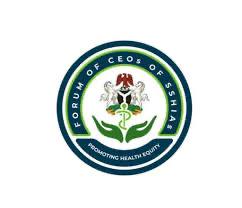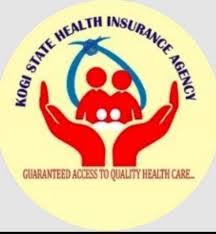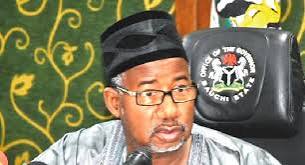The Nigerian Association of Resident Doctors (NARD) has voiced strong opposition to the recent decision by the National Universities Commission (NUC) to elevate the academic titles of certain healthcare professionals by converting their undergraduate degrees to “Doctor” status. This move, which affects disciplines such as Pharmacy, Physiotherapy, and Optometry, has triggered a wave of criticism from medical practitioners who argue that the policy could sow confusion among patients and worsen professional tensions within the country’s healthcare sector.
According to a statement issued by the NARD National Executive Council, while the association supports the professional advancement of all health-related fields, it warned that the NUC’s action could lead to unintended consequences in Nigeria’s already fragile health system. The doctors cautioned that adopting the “Doctor” prefix across several professional groups without adequate public sensitization or institutional framework may not only mislead patients but also heighten interprofessional rivalry and give room for quackery.
“Bestowing the title ‘Doctor’ across various professions without structural clarity is risky in a health system where public health literacy is still low. It will confuse patients, deepen mistrust among professionals, and may end up doing more harm than good,” NARD said.
The controversy stems from the NUC’s January announcement that pharmacy, physiotherapy, and optometry programs in Nigerian universities will now be offered as six-year courses, with graduates to be awarded professional doctorate degrees. This change was communicated by Franca Chukwuonwo, the Acting Director of Public Affairs at the NUC, who noted that the reform aligns with what the commission described as “global best practices.”
However, NARD challenged that assertion, arguing that in many developed countries, such as the United Kingdom and Germany, pharmacists and physiotherapists do not automatically earn the title “Doctor” upon graduation. Instead, such designations are typically reserved for those who pursue a PhD or equivalent academic distinction. The association insisted that merely citing international examples without understanding the context could mislead the Nigerian public and derail efforts at effective health governance.
The doctors further criticized what they referred to as a growing trend among other healthcare worker groups who, rather than championing systemic reform, appear to be locked in a continuous rivalry with medical doctors. According to NARD, from 2005 to 2025, most industrial actions embarked upon by non-doctor health professionals were largely centered around demands for salary parity, rather than a focus on improving healthcare delivery or patient outcomes.
“Worldwide, the clinical leadership role of the medical doctor is well recognized, and it reflects in healthcare governance and remuneration structures. Patients trust doctors for diagnosis and treatment decisions. We must be careful not to dilute this trust with titles that could mislead or confuse,” the association stated.
The policy has also sparked clashes between professional bodies. In Lagos, the Pharmaceutical Society of Nigeria (PSN) engaged in a public spat with the Nigerian Medical Association (NMA) over the appointment of pharmacists into consultant roles in federal institutions. While the PSN described the opposition as provocative and tantamount to a “declaration of war,” the NMA maintained that the consultant designation for pharmacists held no real clinical relevance.
Amid the growing controversy, NARD urged the NUC to step back from the policy and redirect its focus towards reforms that promote collaboration, clarify professional boundaries, and enhance the overall quality of healthcare services. The association reaffirmed that all health professionals have vital roles to play but emphasized the need for professional clarity to avoid role conflicts that could undermine patient care.
“We believe in mutual respect across health professions. However, anyone who desires to become a medical doctor should follow the designated, rigorous path. Titles should not be assigned as a shortcut to professional status,” the doctors concluded, appealing for policy decisions that foster unity and excellence rather than division and confusion within the sector.







